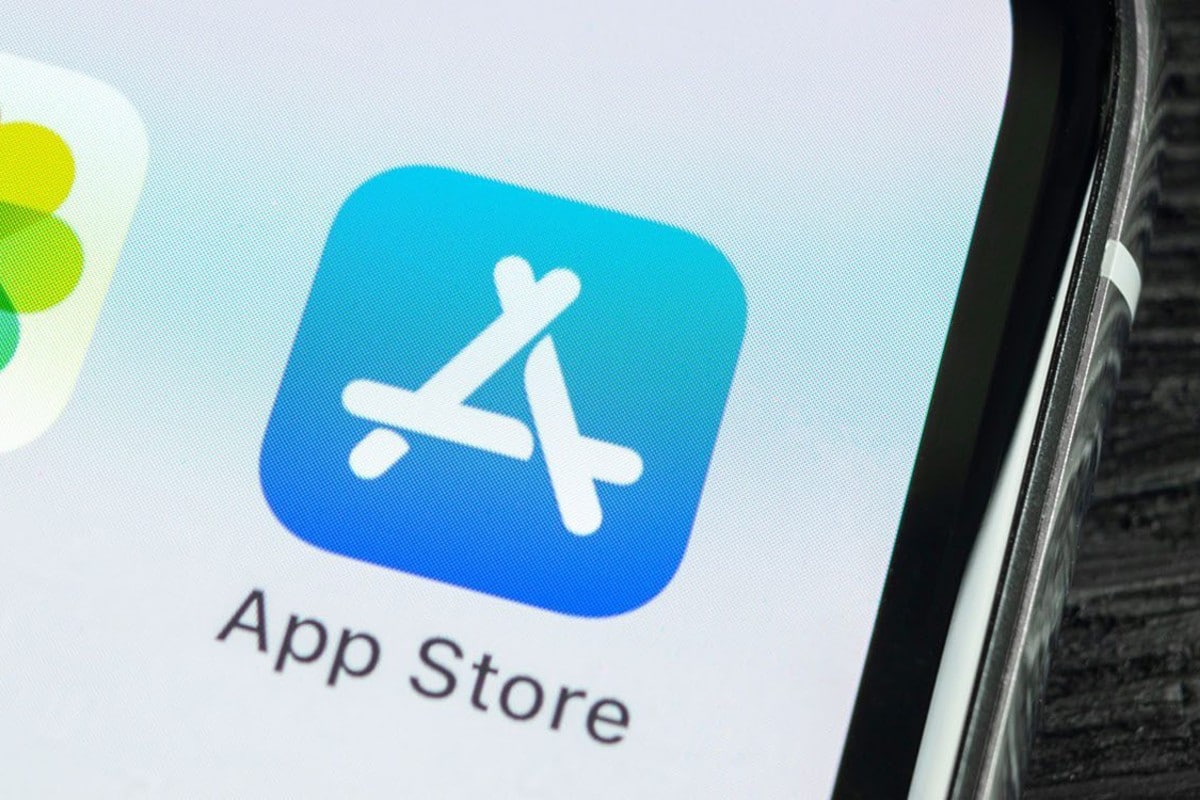
Social media network Tiktok tried to bypass Apple App Tracking Transparency measures, in coordination with some other Chinese tech companies, but Apple called their hoax. in the belief that Apple will not be able to block their apps, especially in the Chinese region, including apps TIC Toc And QQ attempted to switch to Chinese Advertising IDs, or CAIDs, to circumvent app tracking transparency measures that give iPhone users control over which apps can track their use on the Internet, and which ones. No. belief stems from the belief that Apple Will not be able to ban incredibly popular apps in China. Apple did exactly that, by blocking updates for apps that listed CAID from the App Store. The Financial Times reports that Chinese tech companies including Baidu, Tencent and Bytedance are working to create a new way to track iPhone users for advertising purposes.
These steps to block app updates from popular Chinese tech companies Data privacy should be seen as a big win for Apple like Baidu, Tencent and Bytedance. If Apple had allowed the alternative tracking mechanism to remain in China, it would also nip any potential criticism in the bud. This could also lead to a situation where tech companies in other countries may have implemented similar measures, which would reduce the app tracking transparency feature and promote privacy of user data. in may This year, data from analytics firm Flurry Analytics suggested that globally, only 15% of iPhone users now allow apps to be tracked on their iPhones – possibly in contrast to the entire smartphone demographic, which has no control over this. was how the apps tracked them to collect the data. To serve advertisements. The opt-in rate in the US is even lower, now at just 6%. Apple previously warned Chinese apps not to flout its privacy rules.
Apple introduced app tracking transparency measures for iPhone users earlier this year. Safe users from app tracking them on other apps and websites, without explicit permission. This gave users the control of refusing to allow apps to track their usage, something that restricts the data these apps can collect and then serve up targeted ads. Online ads are a huge source of revenue for many technology platforms, including Facebook. And in light of the efforts made with CAID for some Chinese tech companies as well. The way the App Tracking Transparency feature will work is that when you first open the app on your iPhone or after an update, you’ll be asked, “Allow XYZ to track your activity on other companies’ apps and websites.” give?” At this stage you will have two options “Ask the app not to be tracked” or “Allow”.
The reason for CAID’s development was to enable another route for apps to track users on other apps and websites, even if they selected “Ask App Not Track” on the default privacy layer in iOS. So, how does CAID work? I will allow the experts to take charge here. “Shared platform identifiers, such as IDFA on iOS and Google Ads ID on Android, are perfectly suited for measuring digital ads. That’s because the same ID is available for all events, so it’s easy to link ad touches to conversions,” says Alex Bauer, head of product marketing at Branch, in a column for AdExchanger, published earlier this year. was. “But once Apple’s ATT policy is implemented, IDFAs will be unavailable in most cases, meaning these traditional measurement flows will be broken. CAID is essentially an open standard intended to serve as a drop-in IDFA replacement ,” he said. The CAID tool was developed by the Chinese state-backed Chinese Advertising Association. Apple continues to ensure that any app that violates its policies will be rejected from the App Store.
Troubles are brewing for the global online advertising sector. Google has also set the wheels in motion for Android phone users with similar measures of transparency as Apple’s app tracking. finally, when Google’s own iteration of App Tracking Prevention If the user has opted out of tracking, advertisers and apps that request access to the advertising ID on Android phones will get a string of zeros instead. Google is now letting the developer know of the desired changes. So far, users have been able to opt out of personalized advertising on Android (Settings > Google > Ads > Opt out of ad personalization), which prohibits apps from fetching your advertising ID to serve personalized ads. However, these IDs are also used by apps and developers for data, such as usage analysis and fraud prevention, especially for payment apps that link device IDs to payment methods.
read all Breaking Newshandjob today’s fresh news and coronavirus news Here
.